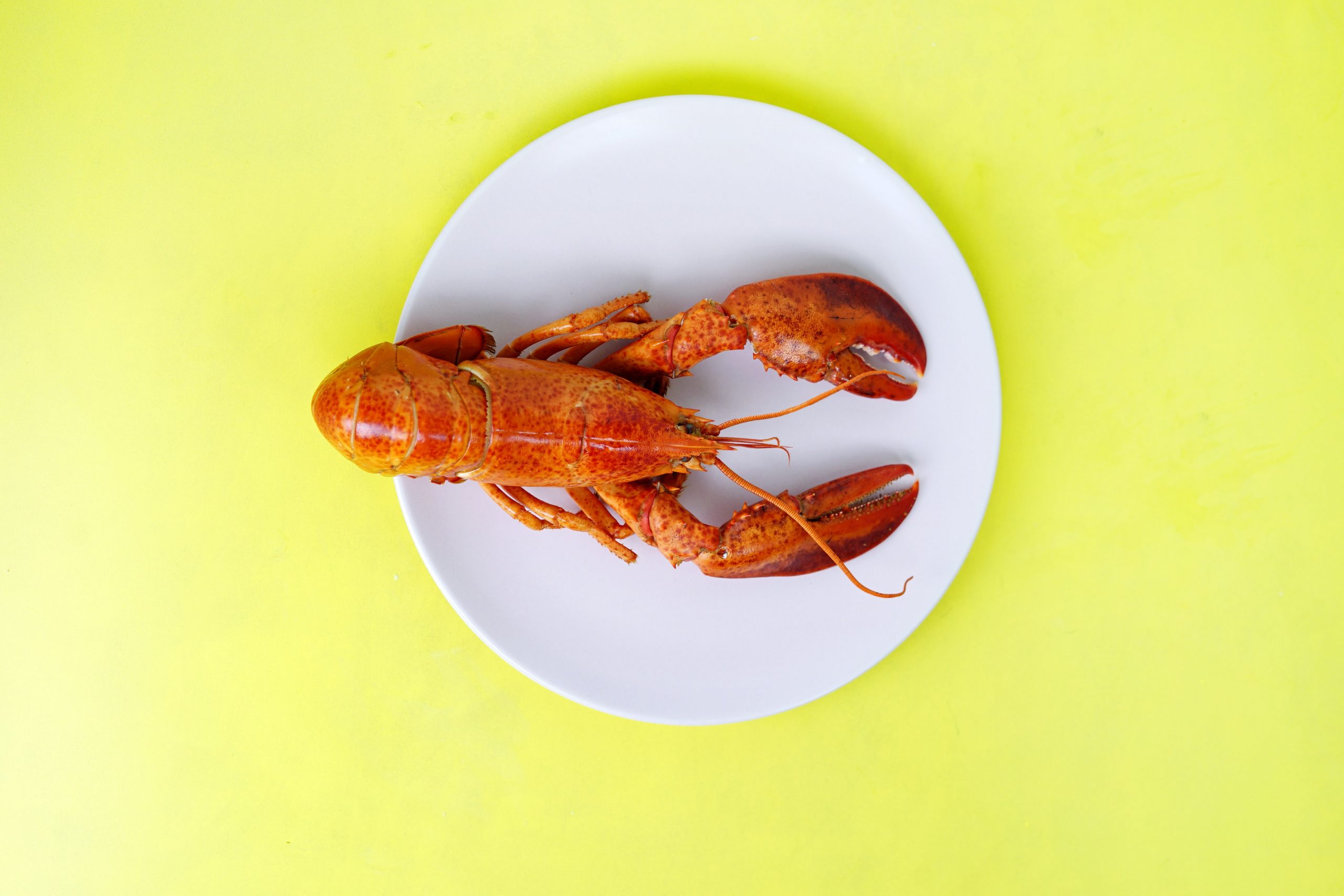TH-Sea: Could cannabis calm cooking crustaceans?
THC is well-known among cannabis advocates for its pain-relieving potential in humans. But what about sea-dwelling invertebrates?
Researchers at the University of California San Diego School of Medicine wanted to know whether the cannabinoid could help to reduce the pain felt by lobsters when dropped into boiling water.
The researchers were inspired by claims made by Charlotte Gill. The Maine restaurant-owner said she had seen first-hand (or perhaps claw) that vaporised THC had a calming effect on the creatures.
Gill said it was a more humane way of cooking them and that the THC did not affect customers, who could choose between dining on untreated or canna-cooked critters.
To test Gill’s theory , the researchers built a sealed chamber in which they exposed lobsters to 60 minutes of vaporised THC from an e-cigarette.
The team measured THC levels in the crustaceans’ tissue to look for behavioural changes, such as their perception of hot and cold temperatures.
The lobsters were then dropped into a tank of 48°C water. The researchers took samples from the gills, claw, heart and liver of the wild lobsters to check that the THC had been absorbed.
Their tail, claw and antenna movements were monitored to see if they reacted.
Sadly for the sea-dwellers, the results indicate that the THC only slowed down the lobsters’ movements but did not stop them from feeling pain.
The researchers wrote:
“Vapour exposure of lobsters, using an e-cigarette based model, produces dose-dependent THC levels in all tissues and reduces locomotor activity. Hot water nociception is temperature dependent in the lobster, but no clear effects of THC inhalation were confirmed.”
The team noted that further research was needed to see how THC affected anxiety levels.
The Lobster Pot
Gill started treating the lobsters with cannabis three years ago after she ‘hot-boxed a particularly aggressive lobster’ named Roscoe.
After the experiment, Roscoe’s claw bands were removed and kept off for nearly three weeks. Gill reported that his mood improved and he was less violent towards the other lobsters.
Roscoe was later released into the ocean as a thank you for being a test subject.
The debate continues as to how much pain lobsters, crabs and other shellfish can feel when being cooked alive.
Switzerland and New Zealand have already banned the practice.
Read more: How the fashion industry is turning over a new leaf with hemp










